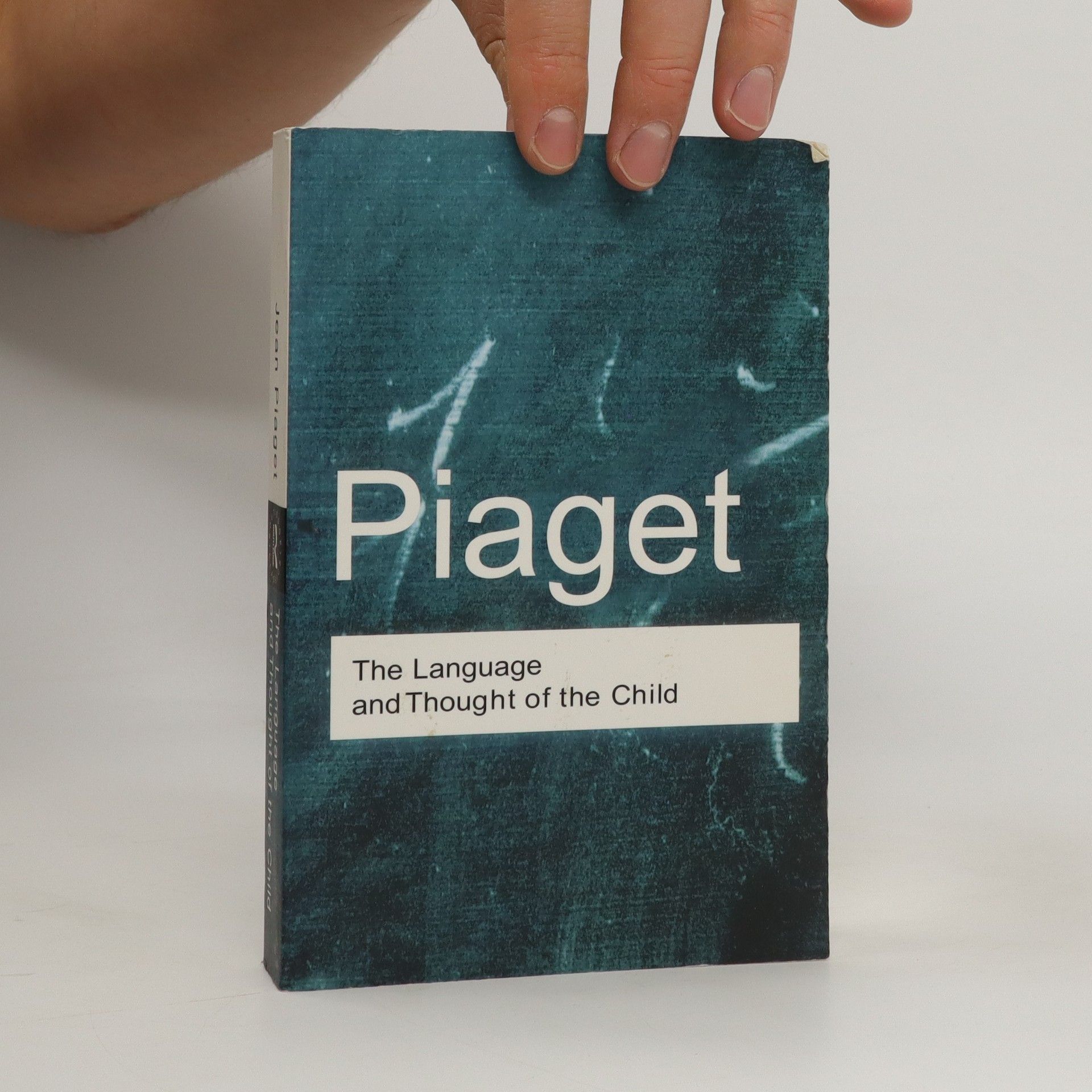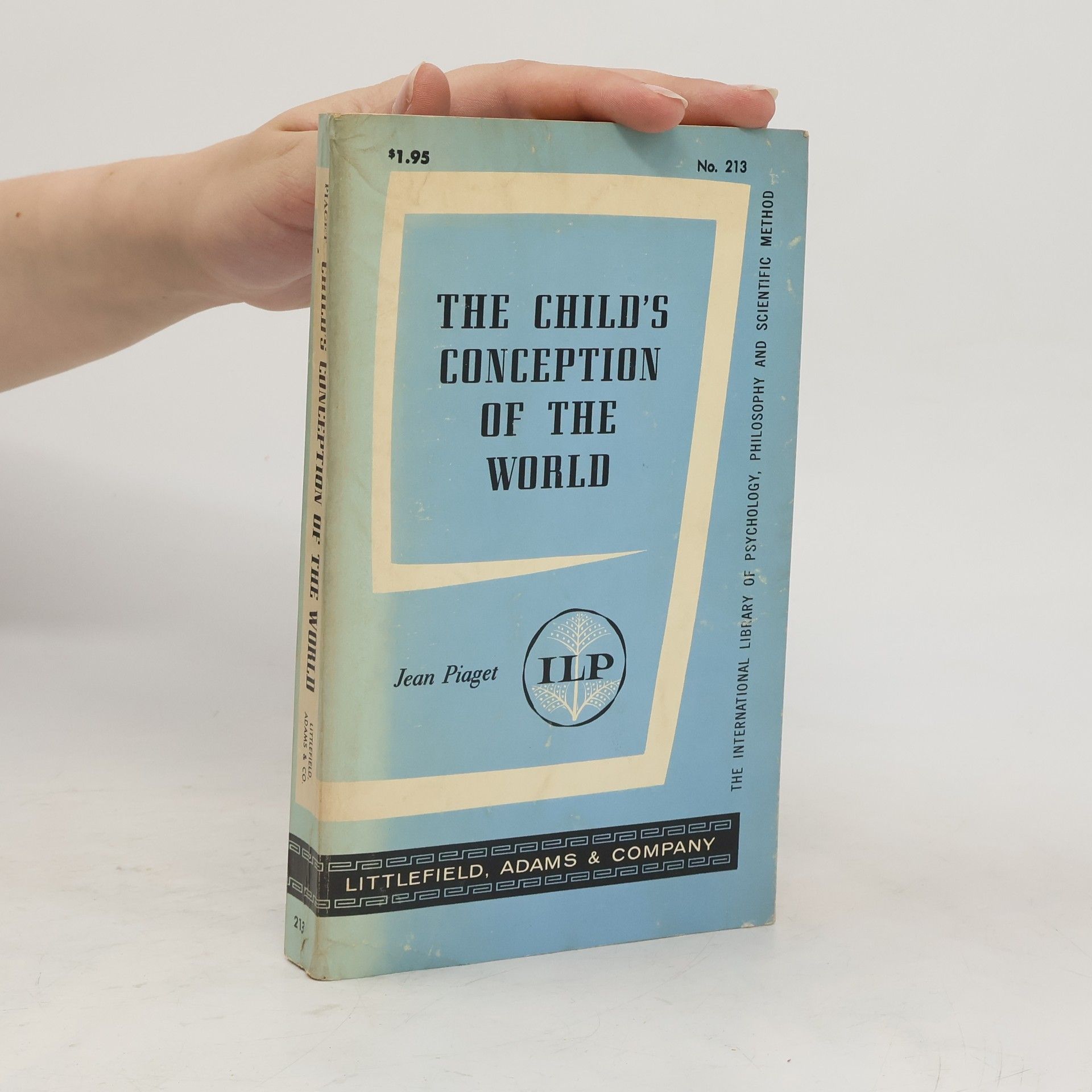English, French (translation)
Jean Piaget Boeken
Jean Piaget was een Zwitserse denker, beroemd om zijn baanbrekende werk op het gebied van de kennisleer. Zijn onderzoek naar kinderen en hun cognitieve ontwikkeling legde de basis voor een constructivistische kijk op kennis. Piaget verkende een epistemologisch perspectief dat bekend staat als 'genetische epistemologie'. Zijn werk blijft denkers en opvoeders inspireren.


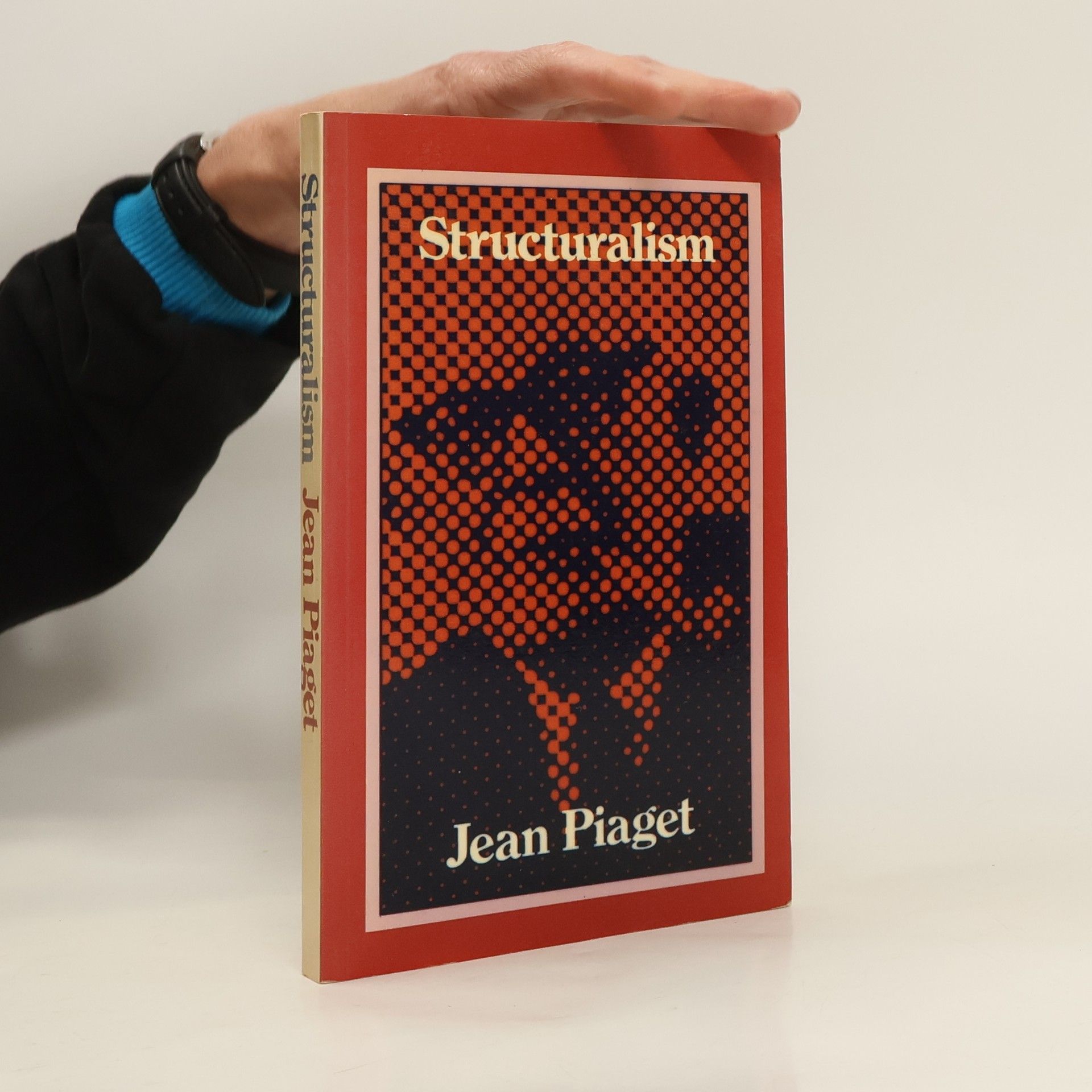
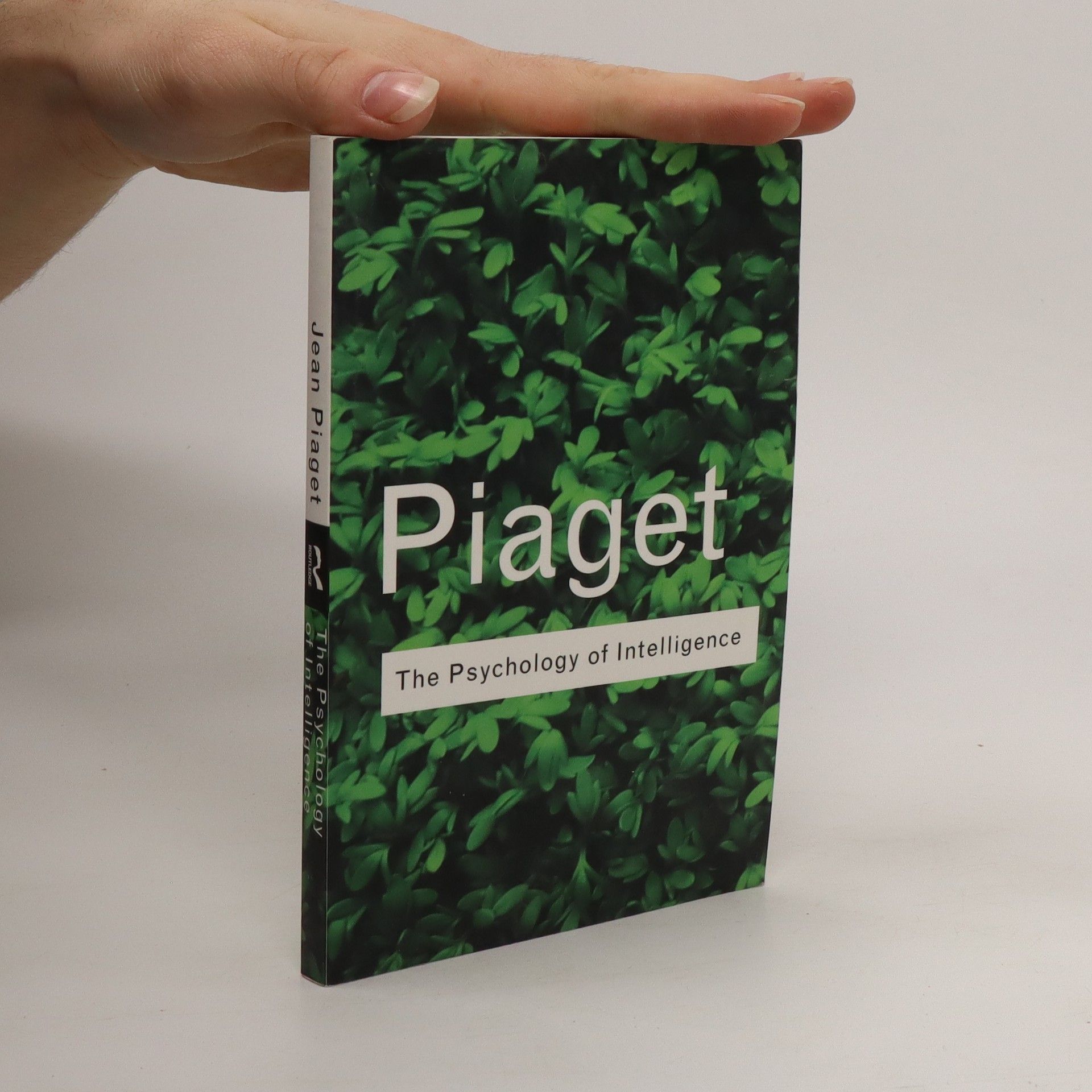


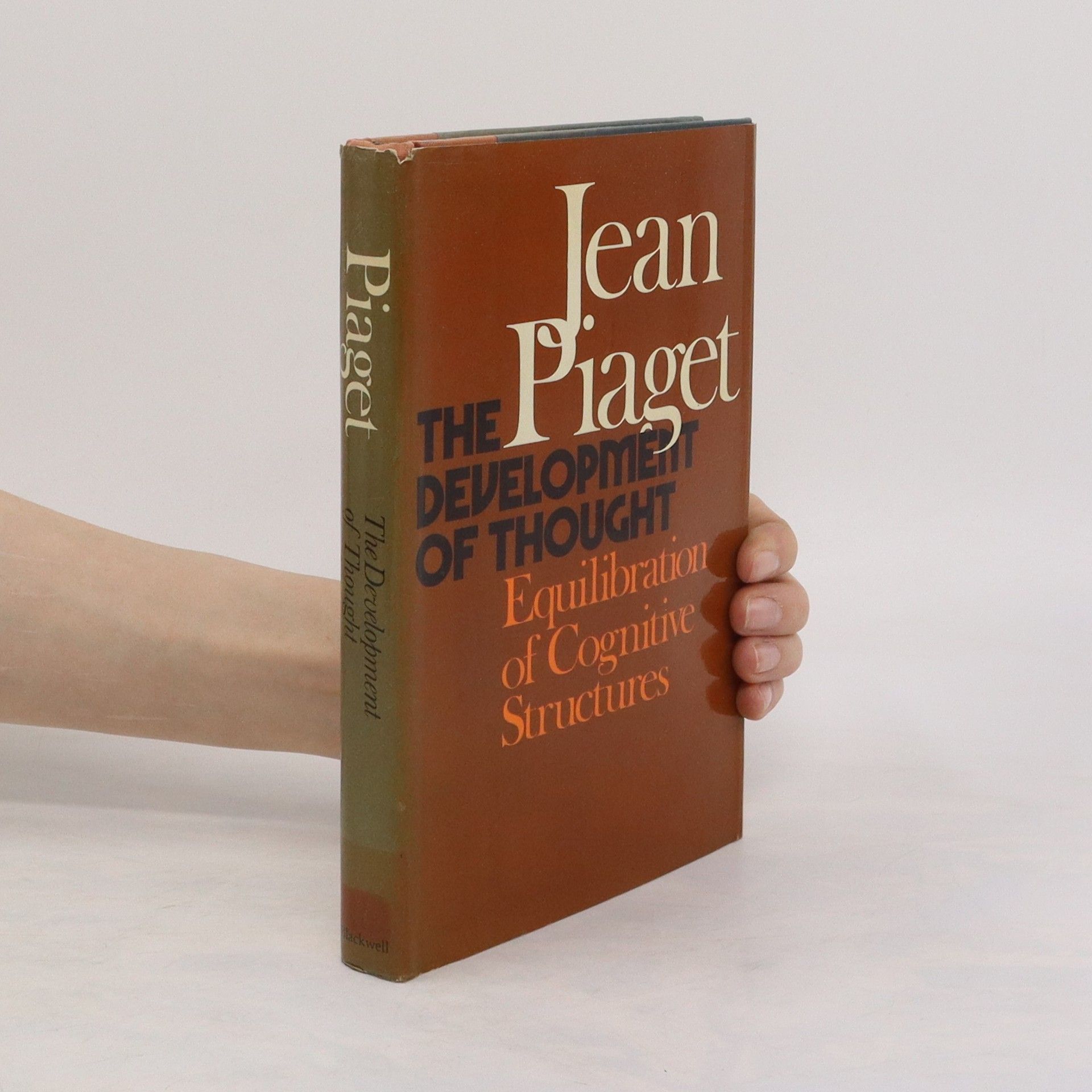
The Origin of Intelligence in the Child
- 464bladzijden
- 17 uur lezen
Jean Piaget was one of the most salient and inspirational figures in psychological and educational research of the 20th century. He was also prolific, authoring or editing over 80 books and numerous journals and papers which spawned a continuation of his work over the following decades. His work now compromises a major component of many courses on children's psychological development and in a research tradition which is expanding, scholars may need access to the original texts rather than secondhand accounts. This volume is the third of nine reproducing Piaget's original works - they are also available as a boxed set
Genetic Epistemology
- 84bladzijden
- 3 uur lezen
Genetic Epistemology attempts to explain knowledge, and in particular scientific knowledge, on the basis of its history, its sociogenesis, and especially the psychological origins of the notions and operations upon which it is based.
Think of developmental psychology, and the name of Jean Piaget immediately springs to mind. His theory of learning lies at the very heart of the modern understanding of the human learning process, and he is celebrated as the founding father of child psychology. A prolific writer, is the author of more than fifty books and several hundred articles. The Psychology of Intelligence is one of his most important works. Containing a complete synthesis of his thoughts on the mechanisms of intellectual development, it is an extraordinary volume by an extraordinary writer. Given his significance, it is hardly surprising that Psychology Today pronounced Piaget the Best Psychologist of the twentieth century.
Structuralism
- 153bladzijden
- 6 uur lezen
Originally published in English in 1971, structuralism was an increasingly important method of analysis in disciplines as diverse as mathematics, physics, biology, psychology, linguistics, sociology, anthropology and philosophy. Piaget here offers both a definitive introduction to the method and a brilliant critique of the principal structuralist positions. He explains and evaluates the work of the main people at work in the field ? Claude Lévi-Strauss, Michel Foucault, Talcott Parsons, Noam Chomsky ? and concludes that structuralism has a rich and fruitful future ahead of it. An indispensable work for serious students and working scholars in almost every field, the book is also an important addition to Piaget?s life-long study of the relationship of language and thought.
This seminal book by this century's most important development psychologist chronicles the evolution of children's moral thinking from preschool to adolescence, tracing the concepts of lying, cheating, adult authority, punishment, and responsibility, and offering important insights into how they learn--or fail to learn--the difference between right and wrong.
The language and thought of the child
- 288bladzijden
- 11 uur lezen
When first published in 1923, this classic work took the psychological world by storm. Piaget's views expressed in this book, have continued to influence the world of developmental psychology to this day.
